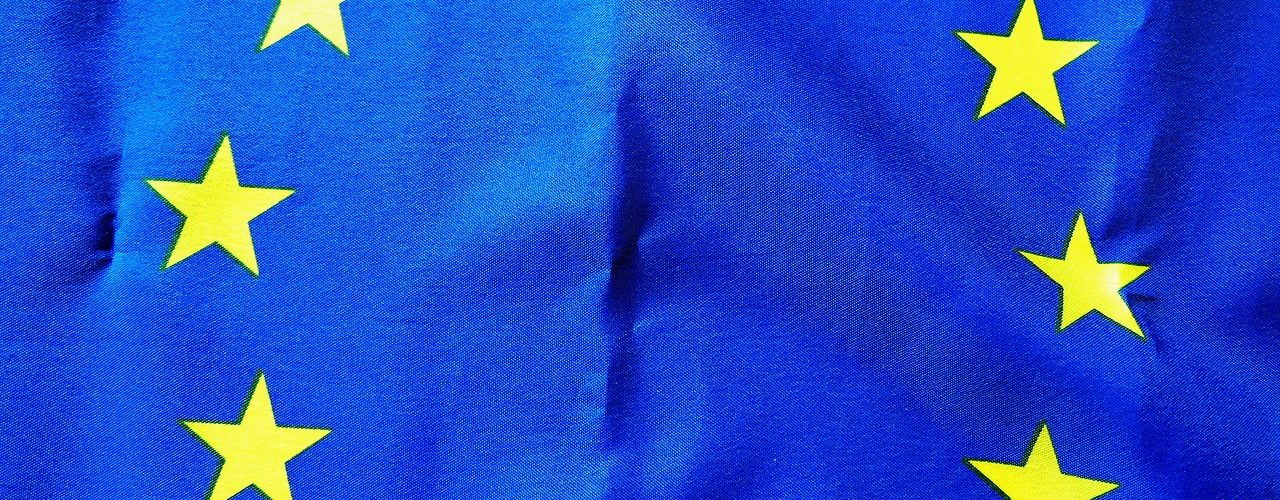Source PWC
Unofficial translation
According to surveys from Swedish Trade, e-commerce sales in Sweden have grown by about 15 percent annually in recent years. In the EU, e-commerce has facilitated cross-border sales, which is one of the cornerstones of EU cooperation. However, member states feel that there is a risk of tax loss when it is difficult to review transactions. To remedy this, the EU has developed the so-called e-commerce package that will facilitate the reporting of VAT in cross-border trade. Furthermore, the rules for information exchange regarding cross-border payments have been developed.
E-commerce package
The EU’s so-called e-commerce package for VAT will enter into force on January 1, 2021. The rules mean, among other things, that the so-called MOSS (Mini One Stop Shop) system will be extended to OSS (One Stop Shop) which will then include:
- all cross-border sales of services to consumers;
- distance selling of goods in the EU, as well
- distance selling of imported goods from third countries.
It will be possible for companies to join the new system from 1 October 2020. In addition, an increased VAT obligation is introduced for electronic marketplaces, which means that in certain situations the holder of an e-marketplace will be required to report the VAT. for the goods and services sold through its platform.
Exchange of information on payment transactions
As a complement to the e-commerce package, the Council of the European Union has, in a preliminary agreement, agreed on additional rules aimed at countering VAT fraud in e-commerce. According to the agreement, the supplementary rules will start to apply on January 1, 2024. The supplementary rules, among other things, require payment service providers, such as banks or similar payment institutions, to establish a register of cross-border payments. The information from the registers will be merged into a new central electronic system (‘CESOP’) where the member states’ tax authorities will work together.
At the same time, the rules require protection of personal data. For example, a time limit is set which limits the time the payment information may be stored in the registers. Only the information needed to counter VAT fraud must be stored and the information should only be accessible to special officials working on VAT fraud investigation. The information in the registers is also limited in such a way that the payment provider must only register one payment transaction if at least 25 cross-border payments have been made to one and the same payee in one calendar quarter.
The rules should be presented to the European Parliament and should normally be formally adopted after having undergone a legal and linguistic examination.















